We work with good people
We hire and partner with fun, respectful, consentful, kind, inclusive people. We ask our partners to consider climate, diversity, and social impact when building their project teams and planning events with us. We understand that finding aligned partners can take time, but when it’s possible, we make that time and commit resources to working with people who share our values.
We choose a place that’s for everyone
We look for venues that share our values. This means we prioritize venues that are safe and accessible to people of every race, ethnicity, sexuality, disability, gender identity and size. Wherever possible, we choose a venue that is close to public transit, values environmental conservation and efficiency, is fully accessible, and has space for a designated sensory-friendly area, where people can take mental health breaks or receive crisis support.
We partner with the community
We proactively find ways to bring the local community into our events. For example, we prioritize hiring diverse locally-owned vendors with climate and environment friendly practices, even if they cost a bit more, as long as the price is within our budget. We also look for community partners in building safety and inclusion: for example, we might work with a local organization to do an accessibility walkthrough and create a sensory-friendly wellness area.
We’re clear about who we are
We share our Party Code and expectations with our partners, and we ask for production and security teams to be briefed on implementation and accountability. It’s helpful for our Party Code guidelines to be visibly posted the day of an event, and in public communications ahead of time. Where possible, we provide options for event guests to share issues or concerns with Spotify staff in pre-event details and on posters.
We establish clear reporting guidance
For every event, we establish a clear process for how fans can report issues to event teams, and a plan for responding. Wherever possible, there is a Spotify point of contact who is prepared to lead responses to issues related to accessibility, safety and inclusion. If we entrust this reporting and response process to a venue or production partner, it’s because we understand and trust that venue or production partner’s system and staff, and they are aligned with our values.
We equip and prepare event teams
We equip event teams with the skills and resources they need to effectively foster safety and inclusion by:
Relying on partners with deep expertise on the specific accessibility, safety and inclusion barriers faced by different communities to train our event production staff.
Planning adequate resources so that event teams avoid burnout and stay at their best
Wherever possible, assigning one Spotifier to each event who is specifically focused on safety and inclusion from the planning stage, and to whom issues can be escalated the day of. If this isn’t possible, we still make sure that all Spotifiers attending an event know who they can go to if they witness harm or unsafe behavior.
We help guests make informed choices
We understand that making the decision to attend an event can be hard for a lot of guests if they don’t have all the information. Whenever it is possible given the format of the event, we strive to publish as much helpful information as possible ahead of time. This can include information about event beginning/ending times, entrances/exits, venue layout, wheelchair access, bathrooms, food and beverage options, seating, parking, acoustic coverage, languages spoken by staff, recycling and sustainability practices or recommendations, among others.
We’re thoughtful about the food and beverage experience
We recognize that music events can be alcohol-first and food options are typically not friendly to people who keep vegan, vegetarian, Kosher, Halal or have other types of dietary restrictions -- and we try to break that tendency wherever possible. Even if we can’t offer the perfect choice to everyone, we put thought into how our events can be friendly to the planet, how to offer easy access to drinks other than alcohol, and how to provide alternatives to animal protein.
We know a good party does good.
We consider climate, diversity and social impact throughout our planning. Where possible, we invest a bit more in order to achieve it. For example,
Have we considered representation and diversity in our talent line-up? Many genres of music historically exclude women, Black, Brown, Asian and Pacific Islander and Indigenous people, people with disabilities, LGBTQI+ people, and/or religious minorities. Is there an opportunity to showcase new talent?
Have we considered ways to meaningfully contribute to dismantling historic marginalization of certain people and communities within a local context? For example, event organizers in Australia often make time and space for an acknowledgement of country, to acknowledge indigenous people and the land the party is being hosted on.
Have we considered representation and diversity in our guest list, on-site staff and vendors? (If we didn’t this time around, how can we build a diverse pipeline of talent/vendors for next time?)
If we’re handing out swag, have we considered if it’s truly needed or if there’s a local vendor that can produce it sustainably?
Have we looked for ways to donate or repurpose food waste, possibly partnering locally to make it happen?
![We party because we love music IMAGE [SPC]](https://images.ctfassets.net/2geh8rtb0suu/2cNrBNBnmIi7WuMyIJQrdC/cae716035de16962d4818b35008b3469/GettyImages-552756929.jpg?w=1000&q=75)
![We party because it brings us closer together IMAGE [SPC]](https://images.ctfassets.net/2geh8rtb0suu/5HDVcNH8bS2VV5fU04V2nT/6cac501f9e842dc9622cd9077f3242ea/GettyImages-622991682.jpg?w=1000&q=75)
![We party...makes the world a better place to live in IMAGE [SPC]](https://images.ctfassets.net/2geh8rtb0suu/2isNBMYJgrFfbpdGfFxytO/52b19b80bebae1f46e1c99960ee5f3dd/GettyImages-637901762.jpg?w=1000&q=75)
![We party...makes the world a better place to live in IMAGE [SPC]](https://images.ctfassets.net/2geh8rtb0suu/2isNBMYJgrFfbpdGfFxytO/52b19b80bebae1f46e1c99960ee5f3dd/GettyImages-637901762.jpg?w=1000&q=75)














